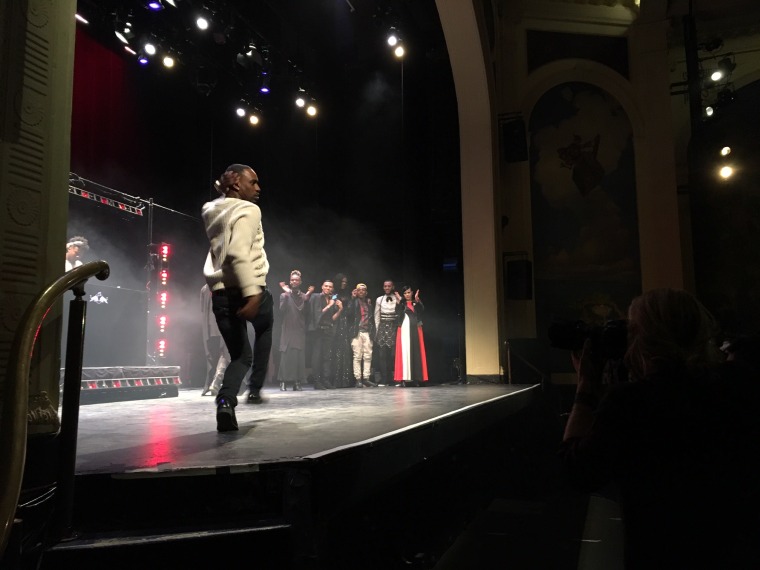Kiki, the underground ballroom subculture created and run by LGBT youth of color, has burst into the mainstream via a new movie of the same name which premiered in New York during the Red Bull Music Academy Festival.
Directed by Swedish director Sara Jordenö and co-written by Kiki gatekeeper and activist Twiggy Pucci Garçon, the documentary follows the coming of age of seven characters over the course of four years. The film uses their venture into these fierce ballroom competitions to touch on deeper issues such as battles with homelessness, illness and prejudice.
A Kiki ball is a competition where teams known as ‘houses’ compete creatively in different categories such as runway, face and vogue. For some of these LGBT youth, these houses offer an alternative family.
“This youth-led Kiki scene has become this very successful scene where youth can grow up, be raised by their peers, but they also get to get in contact with these services and they get to practice this amazing art form. It’s all intertwined,” Jordeno said in a phone interview.
Health-outreach organizations such as the Hetrick-Martin Institute, which provides services to LGBT youth at risk, also have a strong presence at the balls where they try to help youths get housing, healthcare and offer HIV prevention services, testing and counseling.
The balls and the Kiki culture are a safe haven for the youth, whose daily lives can be harsh and cruel.
“It’s freedom, it’s judgment free. You can be yourself, you can be who you want to be and no one is judging you,” explained cast member Christopher Waldorf, 25, moments before the New York premiere of the documentary at El Museo del Barrio. “You can feel loved, you can find family, and it’s where I found myself.”
The Kiki scene draws inspiration from the performance-based art form made famous in the early 1990’s by Madonna's music video ‘Vogue’ and the documentary “Paris is Burning.” But as the film makes clear, one of the key distinctions between the two scenes is Kiki’s strong sense of political and social activism.
“When we are put aside and the world makes no place for us, we make a place for ourselves in this world,” said Chi Chi Mizrahi, another cast member. “We support each other and that’s what it’s about. Kiki is having fun, but also capitalizing on the seriousness of the matters that oppress us and marginalize us as a community.”

